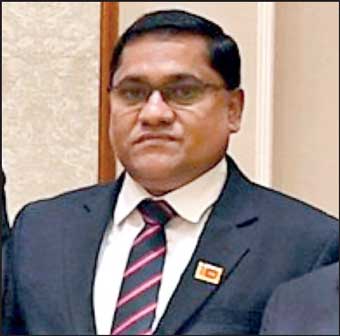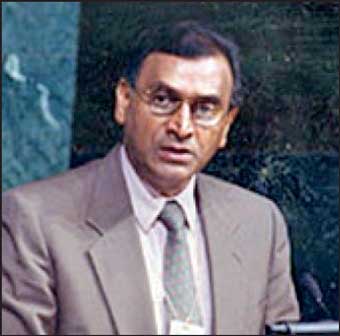Friday Feb 20, 2026
Friday Feb 20, 2026
Wednesday, 8 January 2025 00:20 - - {{hitsCtrl.values.hits}}
 Former President Jimmy Carter, who passed away last week, may not have been a flamboyant US President, but he is widely respected—not for political victories, but for his unwavering dedication to service, both in and after the White House. His life serves as a profound reminder that true leadership is not defined by titles or terms but by the impact of one’s tenure. Carter’s presidency (1977–1981) and post-presidency provide valuable lessons for diplomacy, particularly in conflict resolution and principled engagement with international partners.
Former President Jimmy Carter, who passed away last week, may not have been a flamboyant US President, but he is widely respected—not for political victories, but for his unwavering dedication to service, both in and after the White House. His life serves as a profound reminder that true leadership is not defined by titles or terms but by the impact of one’s tenure. Carter’s presidency (1977–1981) and post-presidency provide valuable lessons for diplomacy, particularly in conflict resolution and principled engagement with international partners.
Navigating Sri Lanka’s position
Sri Lanka’s ability to navigate its position amidst competing global and regional powers—and within Donald Trump’s anticipated 2.0 world order in 2025—will depend on a nuanced and balanced approach to foreign policy. The country must leverage its strategic location in the Indian Ocean while protecting its sovereignty and long-term interests. The biggest challenge for Foreign Minister Vijitha, whom I have known as a pragmatist for years, lies in balancing India’s security concerns with China’s economic investments—a task that will require deft diplomacy to avoid alienating either side. Additionally, managing Chinese debt obligations while maintaining fiscal sovereignty could prove contentious. Western nations may also pressure Sri Lanka to align with their geopolitical agendas in exchange for financial aid or trade concessions.
Five policy options for managing these challenges:
1. A balanced foreign policy
2. Economic diplomacy
3. Optimise the strategic location
 |
| Foreign Minister Herath, an experienced politician, faces challenges on several fronts |
 |
| The late Jayantha Dhanapala demonstrated what countries with limited “hard power” resources can achieve in the intricate and delicate dance of international relations and geopolitics |
4. Engage in multilateral diplomacy
5. Strengthen relations with India
Conclusion
Sri Lanka must adopt a pragmatic and forward-looking foreign policy that prioritises economic recovery, regional stability, and long-term sovereignty. By positioning itself as a neutral and reliable partner, Sri Lanka can transform its strategic location into a source of strength, ensuring it becomes a bridge rather than a battleground for competing global powers. Achieving this vision will require skilled professionals who are unafraid of criticism for addressing long-term challenges. There is much to learn from the late Jayantha Dhanapala, my mentor and guide. His outstanding career as a diplomat exemplified what professionals from countries with limited “hard power” resources can achieve in the intricate and delicate balancing of international relations, geopolitics, and the challenges of managing aggressive global political leaders.
Additionally, a committee modelled after the US Senate Foreign Relations Committee—particularly its bipartisan nature—could play a critical role in shaping and guiding Sri Lanka’s foreign policy. Leadership of such a committee by an opposition parliamentarian, such as Harsha, would be invaluable in achieving this balance. Sound leadership, as exemplified by Jimmy Carter, is about planting seeds for future generations. However, balancing long-term priorities with short-term political concerns will be essential for Sri Lanka to thrive in an increasingly complex geopolitical landscape—and to satisfy an overly demanding and often forgetful local audience.
References: